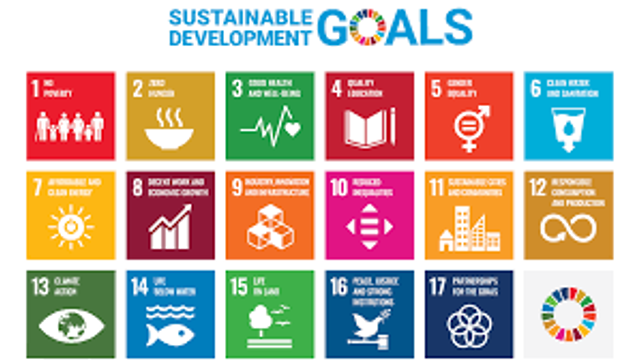SDSN Great Lakes hosts its Home Grown Solutions Forum
In July 2020, SDSN Great Lakeslaunched a call for applications for the 2020 Summer Home Grown Solutions Forum (HGS) among its member universities and those interested in becoming members of the network. The forum is part of a series of activities of SDSN Great Lakes emphasizing the role of universities and higher learning institutions in the implementation of theSustainable Development Goals (SDGs). It brought together university students, researchers, and experts from the industry to showcase possible homegrown solutions that aim at curbing the effects of COVID-19 on local communities while advancing and accelerating the SDGs.
On the deadline, SDSN Great Lakes received 24 proposals from various higher learning institutions and NGOs from both Rwanda and the Democratic Republic of the Congo (DRC). The proposals addressed different SDGs such as quality education, ending poverty, ending hunger, good health, gender equality, affordable and clean energy, decent work and economic growth, industry, innovation, and infrastructure, inclusivity and sustainable economic growth, clean water and sanitation. Many of the proposals were well developed and the selection committee was tasked with the very difficult decision to choose the three winning solutions. In the end, SDSN wants like to congratulate the following three winning solutions:
- The initiative Innovation in Pottery Project (IPP) by the Health Equity and Development Organisation (HEDO) aims to support around 5,000 socio-economically disadvantaged indigenous inhabitants (Batwa) in the Western Province of Rwanda as well as in the Eastern region of the DRC. The submitted concept proposes to form and register cooperatives that produce innovative high-income generating plants’ pots and flower vases, made from a mixture of clay soil and crushed plastics waste materials. The project will offer technical and entrepreneurship skills through trainings and mentorship and provide basic tools to for pot and vase production.
- The College of Science and Technology (UR-CST) at University of Rwanda seeks to support the government in achieving its targets with the project Windsol Power . By providing off-grid renewable energy power systems, small scale businesses can be established and supported in rural areas. The produced electricity will thus be used to power health center’s equipment, classes and other technological tools with energy. Therefore, local communities can contribute to economic growth of the country and experience positive impacts in the agricultural sector, health care system as well as educational system.
- The project Assessment of situation of Milk Value Chain in Masisi territory from the Université des Hautes Technologies des Grands Lacs (UHTGL) aims to reduce poverty in selected rural provinces in DRC by including the local population actively in the milk production business. Starting with the development of productive soil for fodder and other agricultural products, over expanding possibilities to export milk products to big cities, to creating permanent and part-time jobs for locals. The project targets the SDGs 1, 3 and 5 by increasing local health conditions and improving wellbeing of the rural population.
With the Home Grown Solutions Forum, SDSN Great Lakes is setting an important step towards the achievement of SDGs through the promotion of innovative local solutions.
